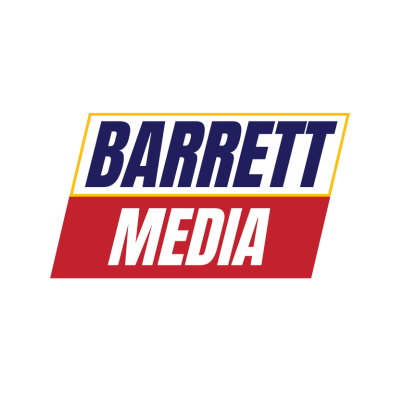A former Chicago juror who sat on a panel that ultimately convicted a former police officer of killing a young Black man believes that there is widespread bias during the jury process.
Charlene Cook of Chicago, Illinois, was chosen as a juror for the trial of Jason Van Dyke. She spoke to Trymaine Lee host of the Into America podcast about her experience on a predominately white jury and what she expects from the upcoming trial of a former Minnesota police officer accused of killing George Floyd.
Cook believes there are some parallels between the 2014 case that she sat through and last summer’s murder allegedly committed by Derek Chauvin. Prosecutors in Illinois revealed that Van Dyke got out of his police SUV and fired 16 shots over the course of 15 seconds at 17-year-old Laquan McDonald who autochories say was swinging a knife at officers, a claim that video would later contradict.
Cook said the process to be selected on the Van Dyke jury was tedious. She said lawyers for both sides had clear agendas.
“I was disappointed because I didn’t want to be on the jury,” she said. “For one, I didn’t want no one’s life in my hands, regardless of what I thought of him. I didn’t really want to be involved with it.”
She described being nervous as the trial started, not knowing what to expect and feeling that all eyes were on her. “The audience was full,” Cook recalled. “Even though the people in TV land could not see who I was, the people in the audience knew who we all were. So, I am watching and I’m sitting down trying to observe everything, trying to take notes on everything.”
Cook said that she felt added pressure because of the color of her skin. She said she had to dispel thoughts that she was going to be a problem juror. “I just had to tell them, I’m old. I think I was the second oldest person there. I told the other jurors not to look at my race, we all had a job to do, and we are all going home.”
Jason Van Dyke was ultimately convicted of second-degree murder and 16 counts of aggravated assault in McDonald’s killing. He was sentenced to nearly seven years in state prison. Cook said she will never forget the reactions from certain people following that verdict.
“This lady walked up behind me and tried to hug me,” Cook said. “I did not know what she was trying to do so I almost pushed her back. She was a Caucasian lady who just wanted to thank me.”
Cook said she learned a lot about the justice system during her time as a juror in Illinois. “They expect us to be a certain way,” she said. “They expect us to think a certain way just because this is what they have in mind. I am glad I was on there; we needed a Black person on that jury. We needed a Black person on that jury. We still have a long way to go. I still did not feel like that trial was fair. If you have 12 jurors, why would one be black?”
Also, on the podcast, Will Snowden, founder of the Juror Project, an advocacy group to teach people why jury services matter and why it is especially important for black people to be on juries.
“Most jurisdictions will use voter registration and DMV records to generate the summons list and that’s the list that identifies people who should be mailed summonses to show up for jury duty,” Snowden said. “The reason why that’s problematic, and the reason why it doesn’t work, is when you use just, say, voter registration and DMV records, you’re effectively excluding everybody who doesn’t own a car and everybody who isn’t registered to vote, but otherwise would be eligible to sit on a jury.”
As for jury selection in the Derek Chauvin trial will likely last about three weeks, and it’s estimated the trial could run through mid-April.






